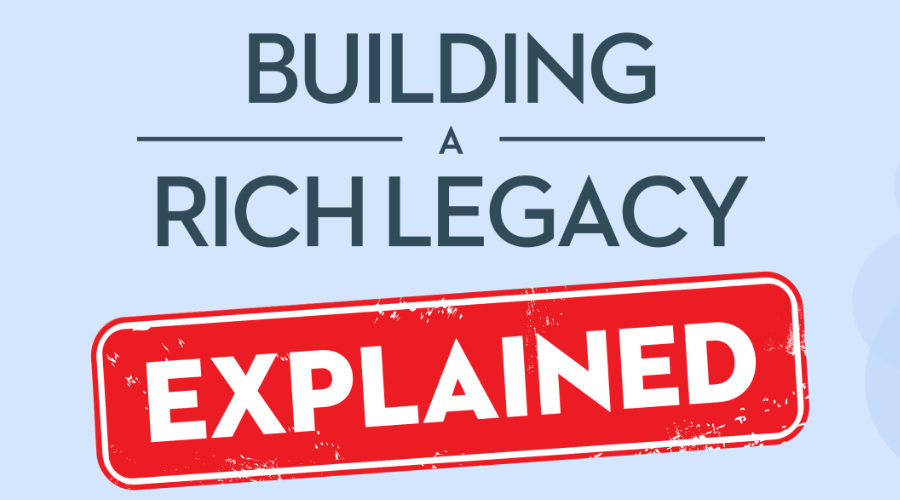In the midst of the booming real estate market in Canada (mainly in Vancouver and Toronto), many Canadians are entertaining the idea of downsizing in order to sell their homes at a high value and purchase a smaller home or condo at a lower price.
According to the Toronto Real Estate Board, the average price of a detached house in Toronto in October 2016 was reported at just over $1.3 million, which is a 22 percent increase when compared to October 2015.
Is downsizing the way to go? What are the costs associated with downsizing? Here is an example of how the costs of downsizing can really add up.
Why Downsize?
Canadians have many reasons that may sway them to downsize. They include:
- Less house to upkeep
- Move closer to loved ones
- Spending the winter in a warmer place, therefore they don’t live in their home year round
- Need extra cash to help fund retirement
But let’s break down the cost of downsizing so that you can actually weigh the financial pros and cons. Keep in mind that the example below is for illustration purposes only. There may be other expenses not mentioned, but the key expenses are highlighted.
Let’s use the example of a home that will sell for $500,000. The home still carries a $50,000 mortgage, which would equate to a net amount of $450,000. However, there are costs that you must deduct from the total sale that can eat into your lump sum.
- Realtor commission (between 1%-7% depending on where you live in the country and what you are able to negotiate). In Toronto, the standard realtor rate is 5%. In this example of a $500,000 home, you would need to pay your realtor $12,500 and the buyer’s realtor $12,500.
- Closing costs and legal fees – Approximately $1,500
- Miscellaneous costs – $1000
- This leaves you with approximately $422,500
In addition, there are costs associated with buying your new downsized home. If you intend to purchase a smaller home (semi-detached, townhouse or condo), you will have to keep in mind that most of the money you earn from the sale of your home will go towards the purchase of your new downsized home. Here is an example of the expenses you may incur when you purchase your downsized home:
Let’s use the example of a condo with a cost of $350,000.
- Land transfer tax in Ontario for a $350,000 property is $3,725. To find out the land transfer tax in your province, please visit your local government website on land transfer taxes. This article from RENX.ca also does a good job at explaining the land transfer taxes in Alberta, B.C., Ontario and Quebec. https://renx.ca/calculating-land-transfer-taxes-across-canada/
- There may be a Municipal Land Transfer Tax (MLTT) in addition to the provincial land transfer tax. For instance, in Toronto, the MLTT for a $350,000 condo would be $3,225. Please visit your local municipality website to find out the calculation for your MLTT.
- Title insurance and legal fees – Approximately $1,500
- Moving costs – Approximately $2,000
- There may be a property tax adjustment – This would depend on when the seller paid the property taxes and when the buyer takes possession of the condo. In most cases, the buyer will have to pay the seller the difference depending on when they took possession of the property. If the seller is behind on payments, then the municipality requires that the seller pays off the taxes from the proceeds of the sale.
- Purchase of new furniture to fit smaller condo – Approximately $5,000-$10,000
- Monthly maintenance fee for condo living – Approximately $500/month or $6000/year
- This leaves you with approximately $57,050 before you deduct the cost of condo maintenance fees at $6000/year.
Although you sold your $500,000 home and downsized to a $350,000 condo, with all of the added expenses, you would only take home just over $57,000. This is the reality of downsizing. It isn’t as clear cut as the selling value of your home minus the buying cost of your downsized home. Although there is a return, the process of buying and selling has the added costs that can make or break your decision to move.
If you are downsizing because you need extra cash to help you with your retirement, an alternative is the CHIP Reverse Mortgage. With a reverse mortgage, you can stay in your home and still have the extra cash to help you with your retirement. To find out how much money you can get with a reverse mortgage, visit https://chiprebuild.smallbizvoices.com/get-free-reverse-mortgage-estimate/ or if you decide to downsize, talk to a professional or a lawyer to find out your true cost of downsizing before making the final decision.































